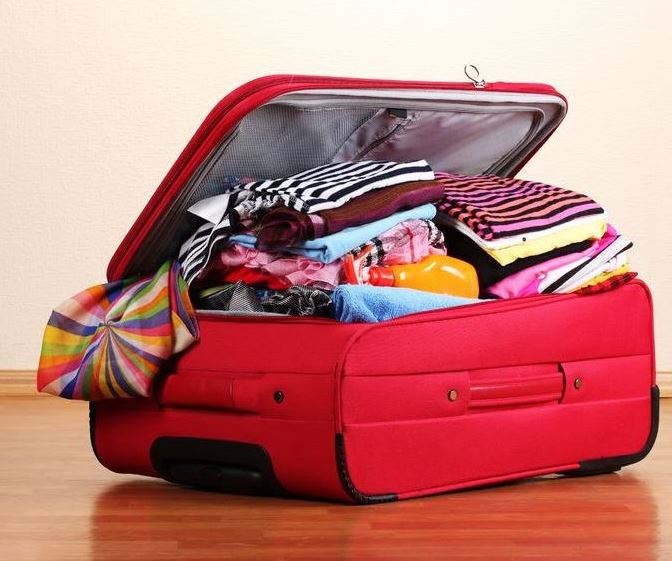
When is the best time to travel, when not to travel ?
The best time to travel during pregnancy is in the second trimester (between 13 – 28 weeks). It is during this time that the troublesome symptoms of nausea, fatigue, vomiting and emotional upheavals of the first trimester get better.
However, you should consult your obstetrician if travelling is alright during your pregnancy as certain medical conditions may make travelling unsuitable. If you are at risk of preterm labor or have obstetric complications such as high blood pressure, poorly controlled diabetes, leakage of amniotic fluid, bleeding during pregnancy, low lying placenta (placenta praevia major), travelling is strongly advised against.
What to avoid ?
Avoid a destination that is too far away, as long haul flights can be pretty uncomfortable, especially in the first trimester, even in a low risk pregnancy. Avoid travelling in the later part of third trimester, as chance of spontaneous labor is real.
Diet / food intake – Adopt healthy eating habits. It would be prudent to avoid raw food, food cooked by roadside vendors, even if it is hot. Unpasteurized milk or dairy products can pose potential health hazards and should be avoided. Water direct from taps in foreign countries may not be safe. Be mindful to consume only bottled or boiled water and use boiled water for teeth brushing.
What to take note ?
Get yourself covered by travel insurance that provides for emergency evacuation with medical assistance in the event of any mishaps.
Economy Class Syndrome – do not allow yourself to be sitted for hours on a long haul flight without exercising your legs. Exercise promotes blood circulation and reduces your chance of developing blood clots in the lower limb blood vessels.
Plan a relatively simple itinerary which allows you ample time to rest in between, and not one which is too hectic for you to follow.
Special items to prepare/pack (medications etc)?
Stock up your prenatal vitamins and ensure that you consume these regularly throughout your travel period. Constipation can become a troublesome problem. Take more fibers, fluids and exercise when there is an opportunity overseas. Check with your obstetrician on vaccine requirements at your destination of travel (e.g flu vaccine, yellow fever vaccine). Pregnant women have a higher body temperature and they release more carbon dioxide. Hence they are mosquito’s best friends. Bring along non – DEET mosquito repellants to prevent mosquito attacks.
TEDS stocks (thromboembolic Deterrant Stockings) are useful to improve blood circulation especially if you are going away on a long haul flight.
Information and emergency contact numbers – always have a few contact numbers to call in times of emergency. Check this with your insurance company to find out where the doctors are located within your area of travel.
by Dr Ben Choey, Obstetrician and Gynaecologist at SBCC Women’s Clinic






